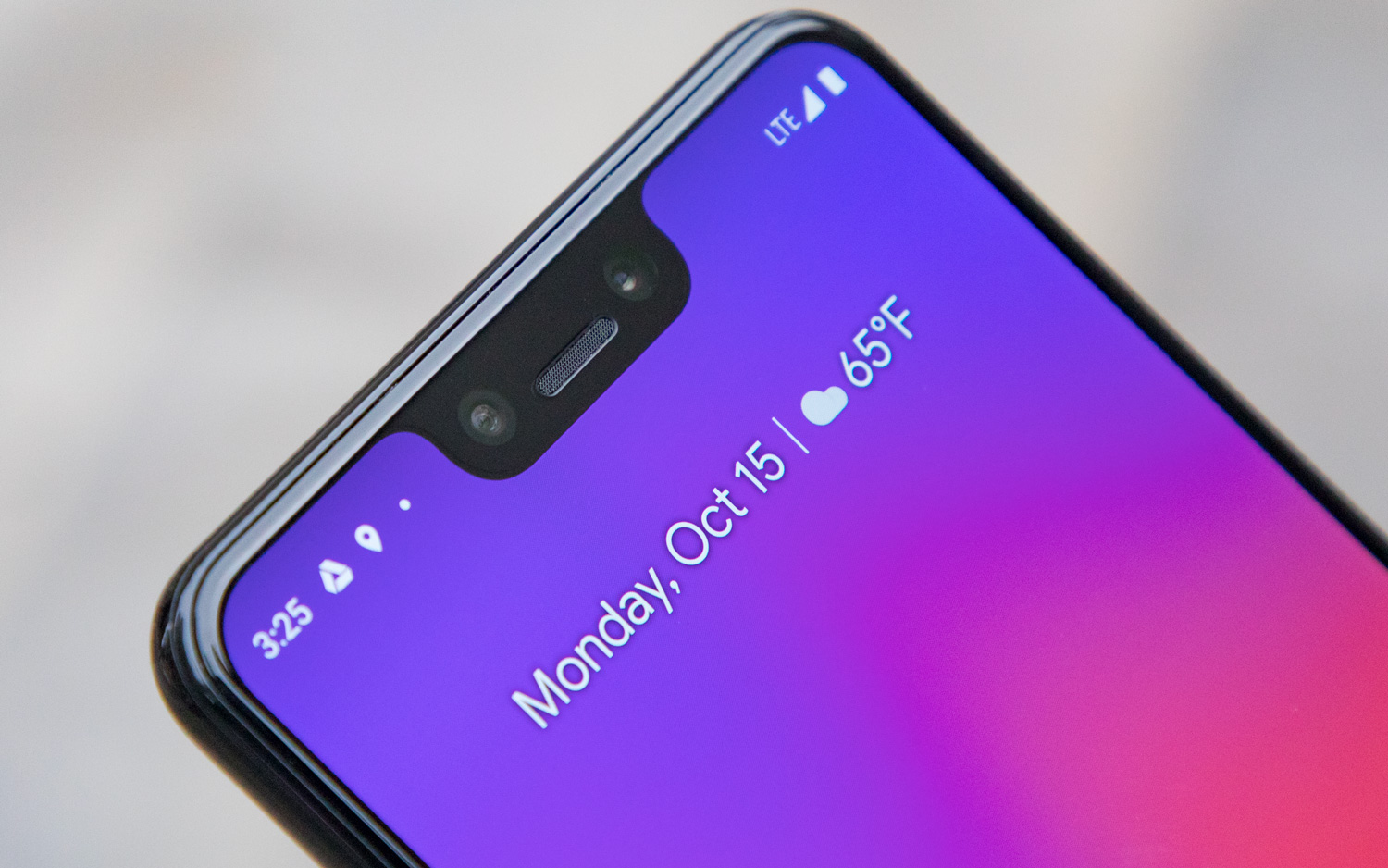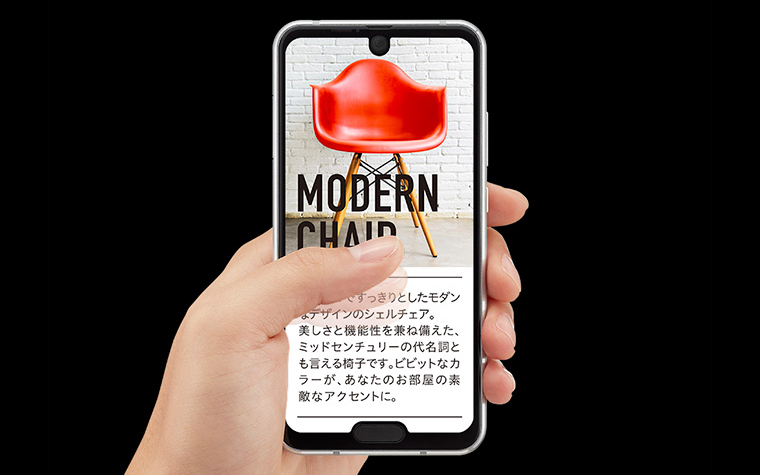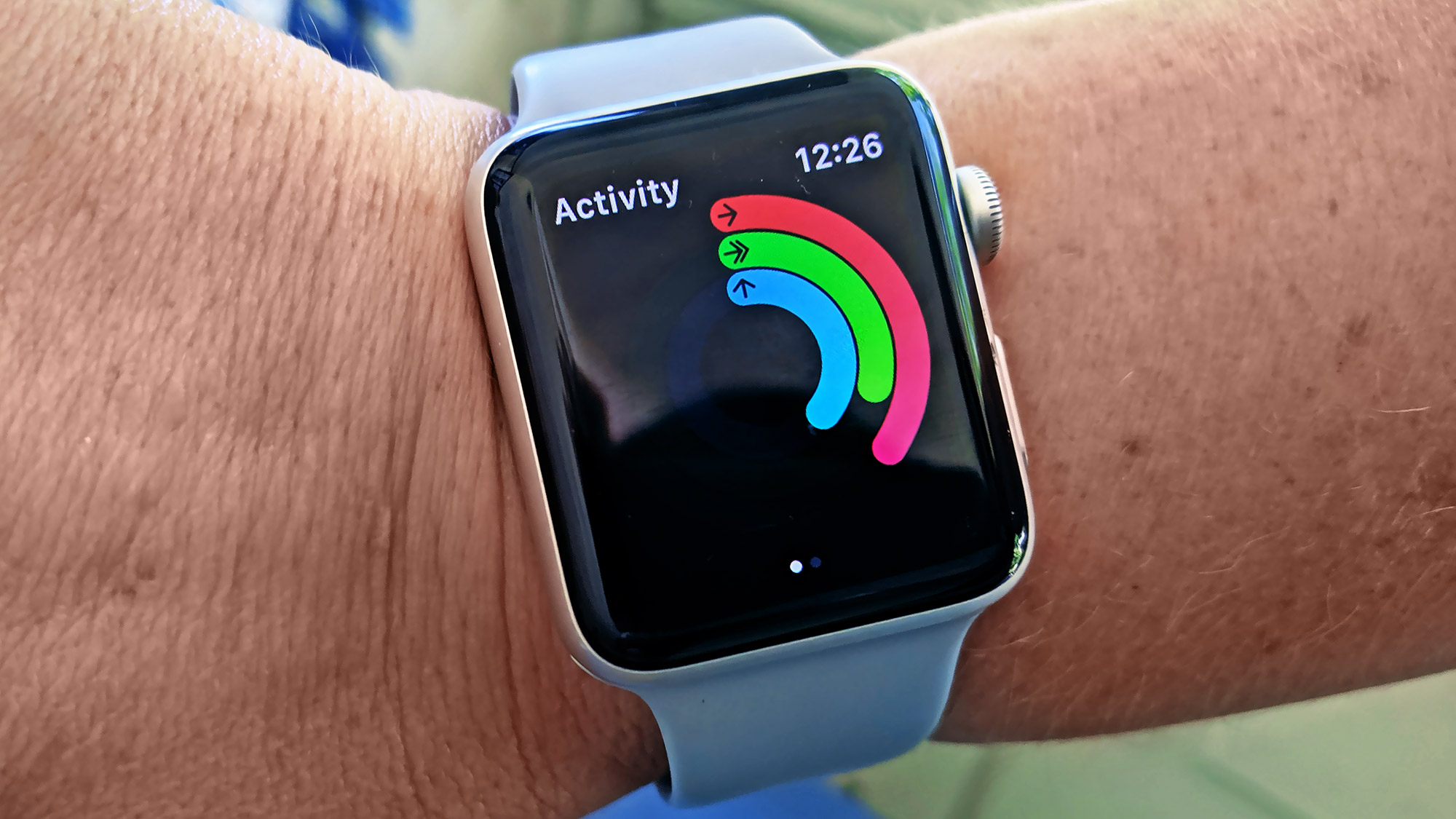Top Tech Fails This Week: Facebook, Double Notches and Comcast Being Comcast
What do Facebook, Google's latest handsets, Apple and Comcast have in common? They're all on this list.
This week has had a little bit of everything: from a cable company penalized for attempting to pull one over on its customers, to yet more confused shrugging from Facebook's top brass after yet another expose, and buggy, buggy phones.

Here's a run down of the top five tech fails that had the world shaking its head in collective exasperation over the past few days.
Everything we learned this week about Facebook
Stop us if you've heard this before, but Facebook's got a bit of a mess on its hands. The latest comes by way of The New York Times' scathing report about how the social network's leadership — chiefly CEO Mark Zuckerberg and COO Sheryl Sandberg — failed to or entirely avoided making difficult decisions pertaining to a series of controversies, ranging from Russia's meddling in the 2016 U.S. presidential election to Cambridge Analytica's appropriation of users' data without their knowledge.
MORE: How to Delete Your Facebook Account
Oh, and apparently Zuckerberg was so incised by Apple CEO Tim Cook's comments about his company's attitude toward privacy that he immediately directed his employees to stop using iPhones.
The real crux of the story, though, alleges that Facebook's top executives were aware of Russia-linked propaganda on its platform as early as the spring of 2016, and an internal team even investigated the matter beforehand without Zuckerberg or Sandberg's knowledge. In December of that year, Zuckerberg blatantly rebuked the idea that nefarious Facebook activity played any role in the outcome of the election. He and the company changed their tune later on, of course, but this is the latest bad look for a company that could use anything but bad looks right now.
Sign up to get the BEST of Tom's Guide direct to your inbox.
Get instant access to breaking news, the hottest reviews, great deals and helpful tips.
Facebook responded to the Times' report, saying that it "has been a tough time" at the company, and that the "entire management team has been focused on tackling the issues" it faces.
The Pixel 3 is still quite buggy
Google's latest smartphones are nothing short of wonderful — when they work as intended. Unfortunately, Google also has a habit of launching handsets without ironing out some kinks first, and the latest glitches to befall the Pixel 3 and 3 XL pertain to the devices' speakers and handling of text messages.

Some Pixel 3 XL owners have been complaining of a faint buzzing noise emitted from the bottom of the phone's dual front-facing speakers, even when it shouldn't be making any sound at all. Additionally, users of both the 5.5-inch and 6.4-inch models have noticed that some of their text messages have disappeared, particularly following the most recent Android security patch that was issued on Nov. 5. In fact, some users have restarted their phones only to find all of their old threads missing with new ones mysteriously created, according to 9to5Google.
To its credit, Google says it's working on fixes for these problems, although we don't know when they'll arrive. At least Pixel fans did get a bit of good news this week to balance things out — Night Sight mode finally started rolling out to make your low-light photos look amazing, and Call Screen just began hitting last year's Pixel 2 and 2 XL.
Sharp thinks two notches are better than one
Notches are a remarkably divisive trend. Some users absolutely detest them, while others can at least tolerate them. Nobody wants a notch on their phone's display, but the added real estate they bring provides a practical benefit.

However, Sharp may have gone too far with its Aquos R2 Compact — a phone it revealed earlier this week that pairs an Essential Phone-style cutout for the selfie camera with an elongated notch at the bottom that accommodates the front-facing fingerprint sensor. Worse yet, the phone still has a prominent forehead and chin to make room for the earpiece and display driver. In other words, even with a pair of notches, the Aquos R2 Compact is anything but bezel-free.
MORE: Best Smartphones - Here Are the 10 Best Phones Available
The end result looks weird and even a little unsettling, in the sense that it's the least symmetrical phone we've ever seen. Then again, this is a Sharp phone, and Sharp has a penchant for taking some, shall we say, brave liberties when it comes to design. If its any consolation, the Aquos R2 Compact is plenty powerful, packed with a Snapdragon 845 CPU and 120Hz IGZO LCD display. Plus, small phone lovers will surely appreciate its diminutive 5.2-inch form factor. Sharp doesn't sell phones in the West though, so for now, your eyes are spared from seeing this abomination in the flesh — at least until some other company copies it.
Comcast caught red-handed, again
Try your hardest to feign surprise at this week's news that Comcast was ordered to pay out upwards of $700,000 to a group of 20,000 customers in Massachusetts, after the cable and internet giant was found guilty of inflating customers' monthly rates with secret fees. The announcement was issued by the Massachusetts attorney general's office — which as it happens isn't the only state body that wants a piece of Comcast for its shady billing practices.
Comcast was passively indignant in its response to the ruling, with a company spokesperson stating rather paradoxically that it disagreed with the attorney general's decision because it "[related] to years-old advertisements" and did not "reflect Comcast's current policies and practices." If that tacit admission of guilt isn't infuriating enough, the lawsuit involving similar complaints in California alleges the company raked in upwards of $1 billion from its hidden fees there.
Apple IDs play hard(er) to get
The login credentials you most frequently have to recall for your parents found a way to be even more frustrating this week, when some iPhone users found that their Apple IDs had been locked without their knowledge. To get around it, users had to verify their identities by answering security questions, inputting their phone numbers for two-factor authentication and in some cases, resetting their passwords.
This wouldn't be such a big deal if Apple IDs weren't tied to so many common functions on iOS and Mac products, from sending iMessages, to downloading free apps and even listening to Apple Music. It's unclear how or why users were locked out — whether it was a snafu on Apple's part or a sign of a deliberate attack — nor are we aware how many accounts were affected. However, there are theories that it could be related to new device activations. If that's the case, let's pray it doesn't stick around for the gift-giving holiday season.
Adam Ismail is a staff writer at Jalopnik and previously worked on Tom's Guide covering smartphones, car tech and gaming. His love for all things mobile began with the original Motorola Droid; since then he’s owned a variety of Android and iOS-powered handsets, refusing to stay loyal to one platform. His work has also appeared on Digital Trends and GTPlanet. When he’s not fiddling with the latest devices, he’s at an indie pop show, recording a podcast or playing Sega Dreamcast.
